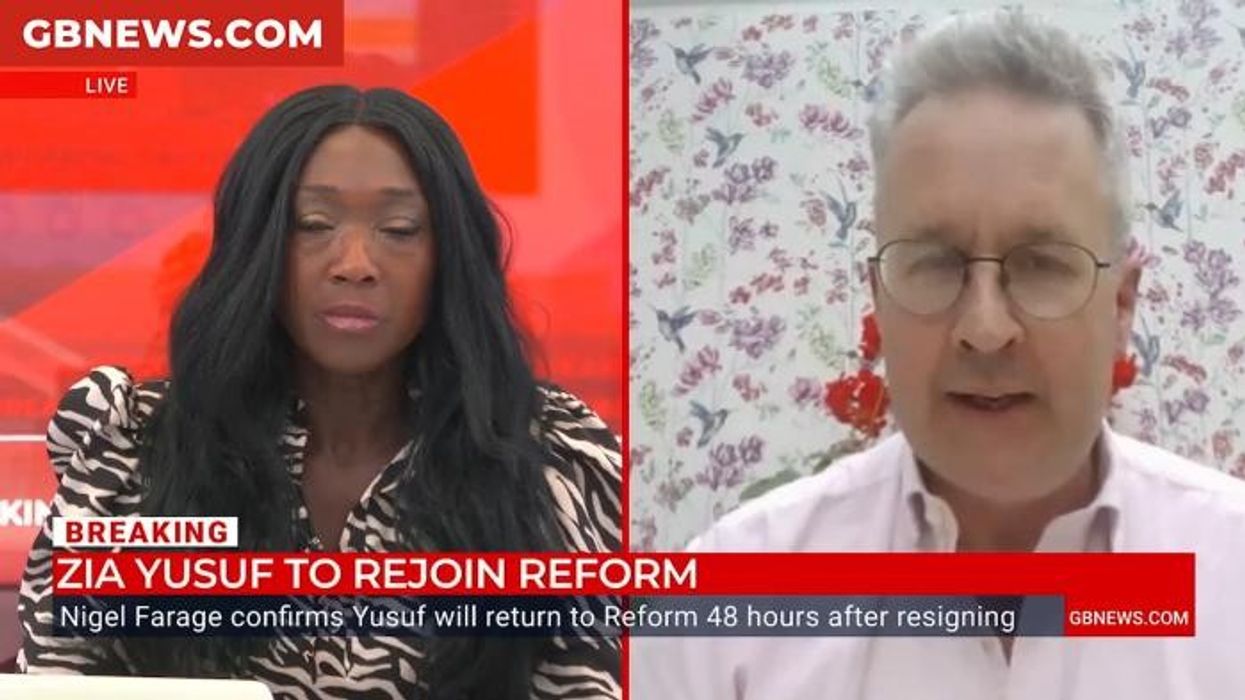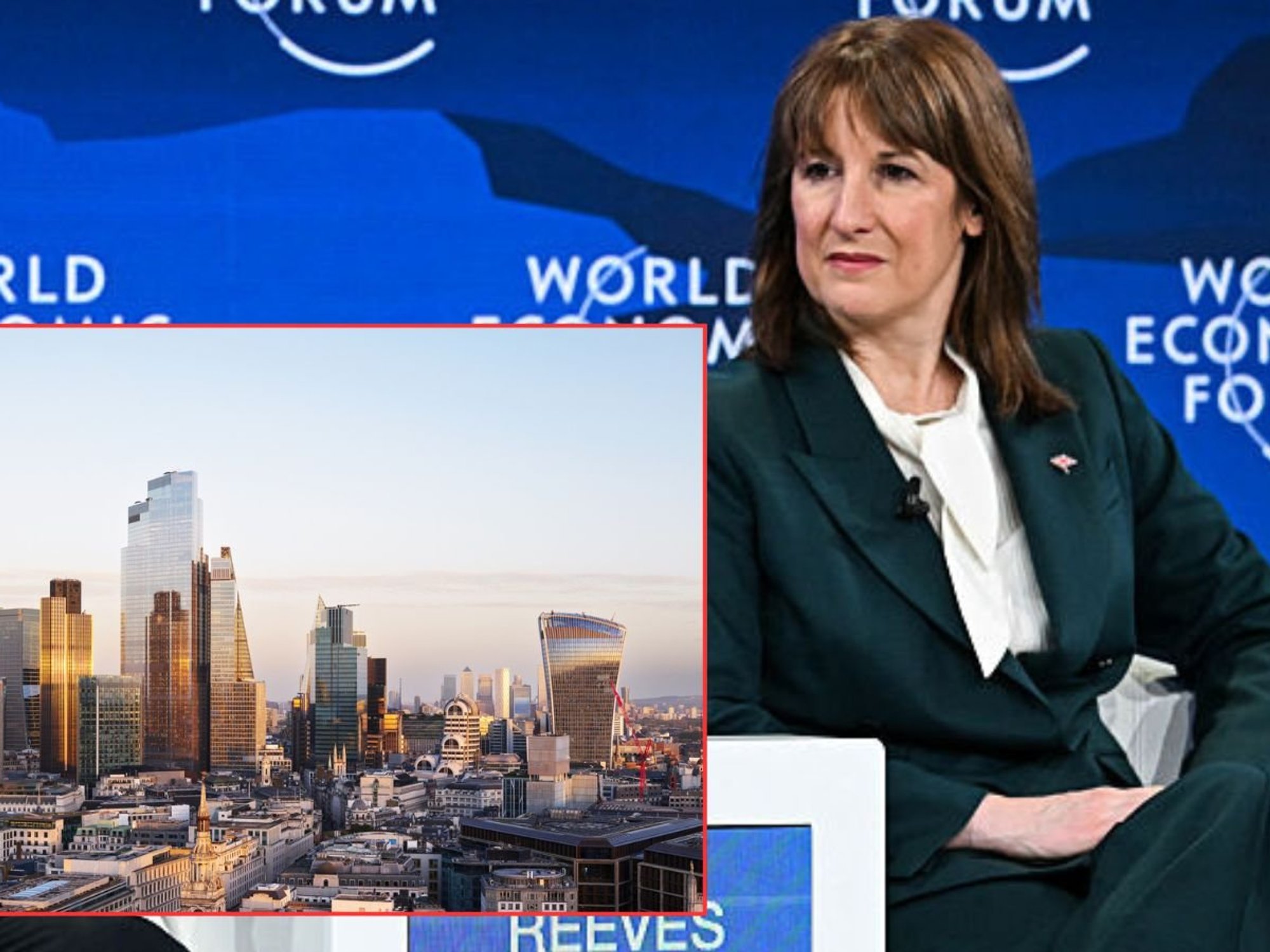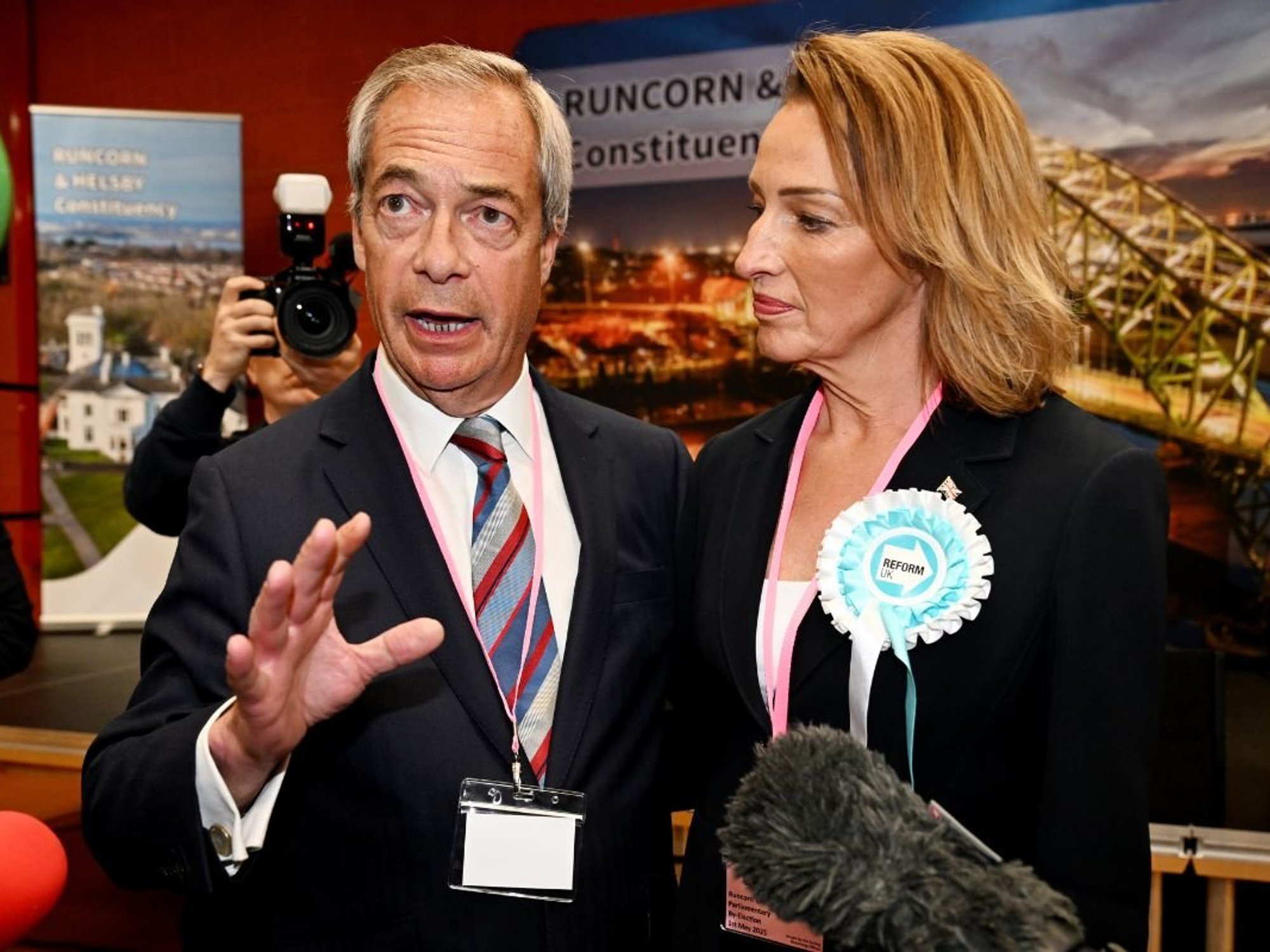Reform UK vows to end 'taxpayer rip off' with plan to overhaul public sector pensions

One pensions expert warned of significant implementation challenges should Reform go ahead with the plan
Don't Miss
Most Read
Trending on GB News
Reform UK has unveiled radical proposals to transform public sector pensions, with the party considering moving all state employees from their current defined benefit schemes into defined contribution plans used by most private sector workers.
Deputy leader Richard Tice said that a Reform Government would "put everything on the table" to address what he called a taxpayer "rip off" that threatens to bankrupt the nation.
The proposed overhaul would affect millions of public sector workers currently entitled to guaranteed, inflation-linked payments for life.
Britain currently spends £54billion annually on public sector retirees and another £35billion in pension contributions for current state workers, according to figures cited by Reform UK.
The party highlighted that taxpayers have funded a £49billion shortfall over the past decade as contributions have fallen short of amounts paid out.
Tice warned of the severity of the situation, telling The Telegraph: "I want to be honest with the country.
"I want to say, if we don't sort this out, this will be a major factor in the country going bankrupt. It's that serious."
He criticised the current arrangement, saying: "Public sector pay and benefits have soared and yet productivity has collapsed, and it's a catastrophe."
LATEST DEVELOPMENTS:- Zia Yusuf to RETURN to Reform with new role just 48 hours after resigning as party chairman
- The inside track on Zia Yusuf's sudden return to Reform UK and Nigel Farage's plan for the future - analysis by Christopher Hope
- Reform council refuses to pay for Pride parade: 'We're not going to spend taxpayers' money for that'
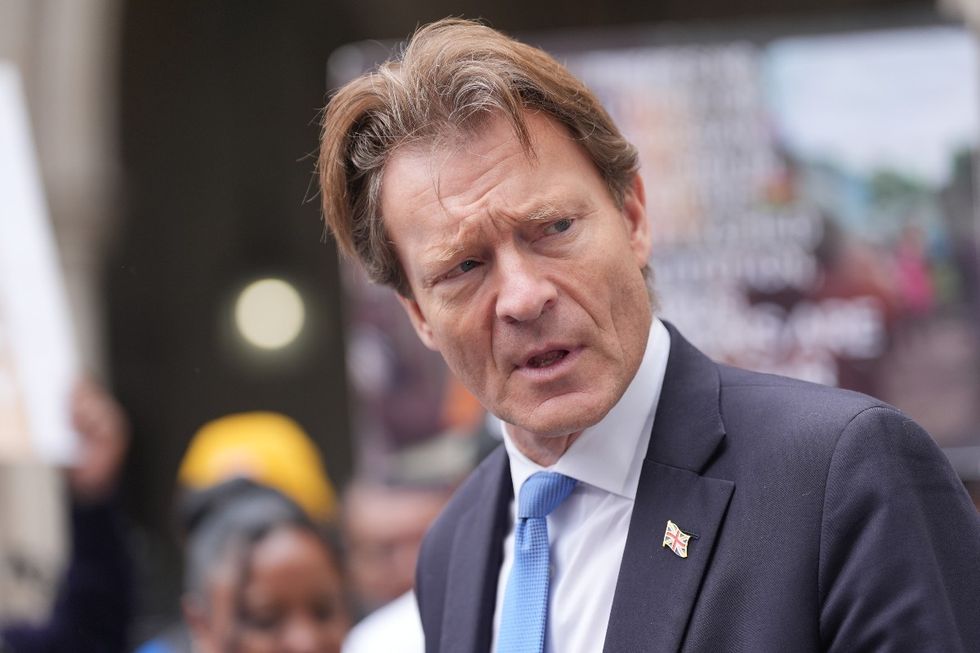
Richard Tice said a Reform Government would 'put everything on the table' to address what he called a taxpayer 'rip off' that threatens to bankrupt the nation
|PA
The schemes cover more than three million public sector pensioners, predominantly retired NHS workers, teachers, civil servants and members of the armed forces.
These pensions operate as unfunded schemes, meaning contributions from employers and employees are immediately used to pay current retirees rather than being invested for future pension payments.
Pensions consultant John Ralfe calculated that between 2013-23, the shortfall between contributions and future pensions reached £208billion, which will be met by current and future taxpayers.
The system has accumulated pension liabilities running into the trillions, with Tice noting that such arrangements "would be illegal in the private sector".
Recent investigations by the broadsheet have revealed the mounting costs, including calculations showing Britain's current pension bill at £4.9trillion, with each household liable for £173,000.
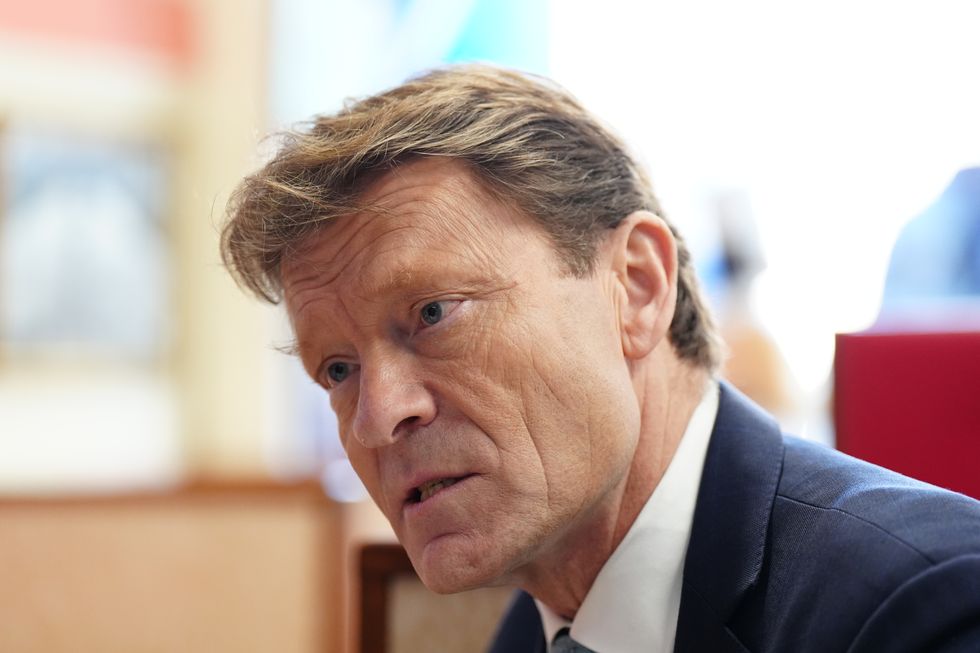
Tice highlighted that taxpayers have funded a £49billion shortfall over the past decade
|PA
Tice confirmed that Reform would consider moving every public sector worker into defined contribution schemes, saying: "Everything has got to be on the table.
"The old rule was that public pay was less than the private sector because they had a more generous pension scheme, but successive Governments have lifted pay in the public sector and therefore the old deal is no longer valid."
He accused the public sector of deceiving taxpayers, saying: "Bluntly, there's been a failure to be honest about this.
"The public sector has pulled the wool over the eyes of the taxpayer.
"We're going to talk about it for the next four years: that taxpayers are being ripped off and it can't go on."
The proposed changes could reduce the taxpayer's annual bill to approximately £4.5billion, delivering savings of nearly £28billion yearly, according to calculations cited in the reports.
However, pensions expert Barry McKay of Barnett Waddingham warned of significant implementation challenges.
He explained: "If you move to defined contribution, those contributions paid by existing workers would go into a pot somewhere to be invested and grow for the benefit of each worker, but in doing so there would be no money coming in to pay existing pensions."
This would create "a massive hole in the Treasury accounts" as the Government would need to find alternative funding for current pensioners.
Neil Record, a pensions expert and former Bank of England economist, suggested offering public sector employees a cash alternative of approximately 30 per cent pay rise in exchange for giving up new pension rights.
More From GB News


